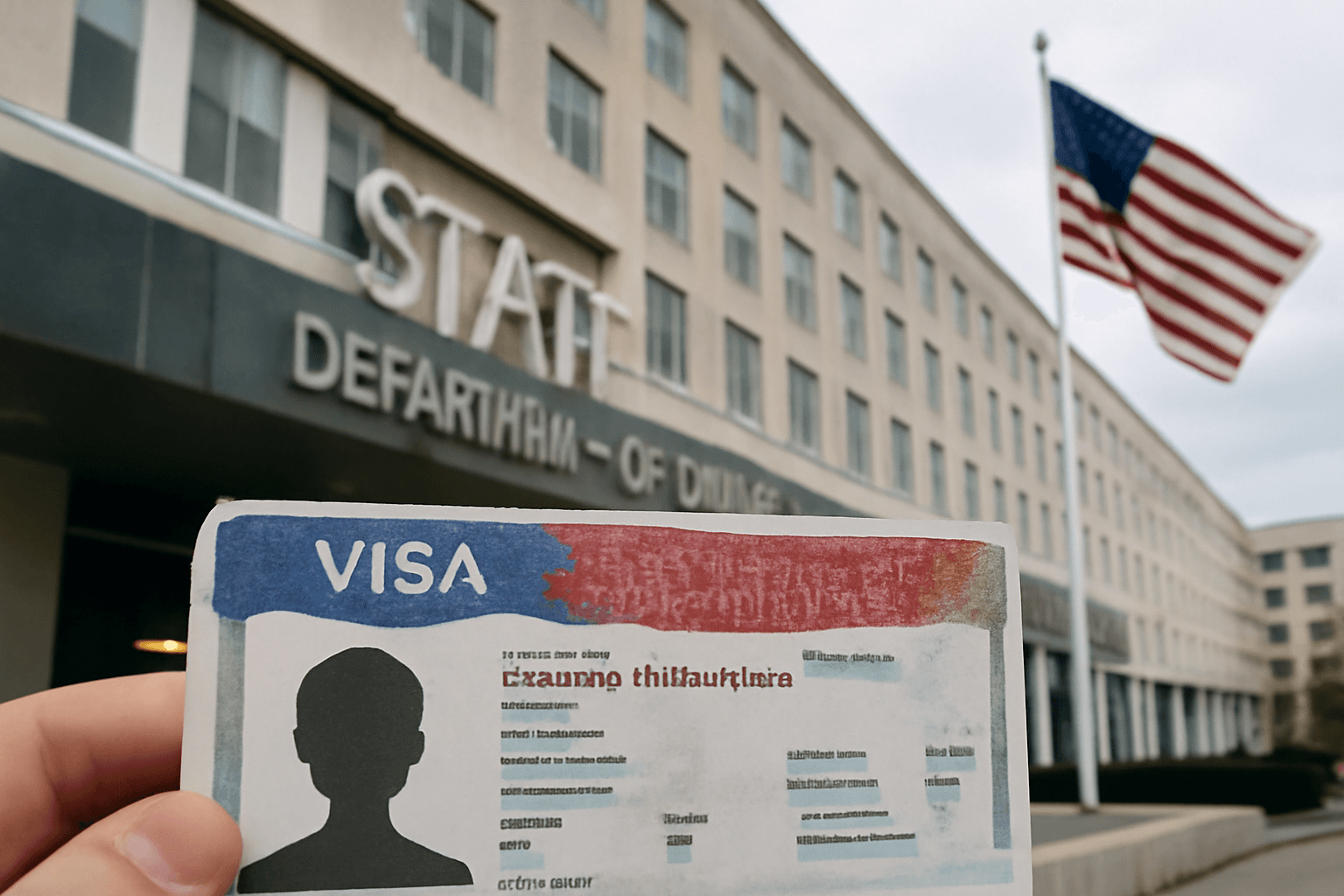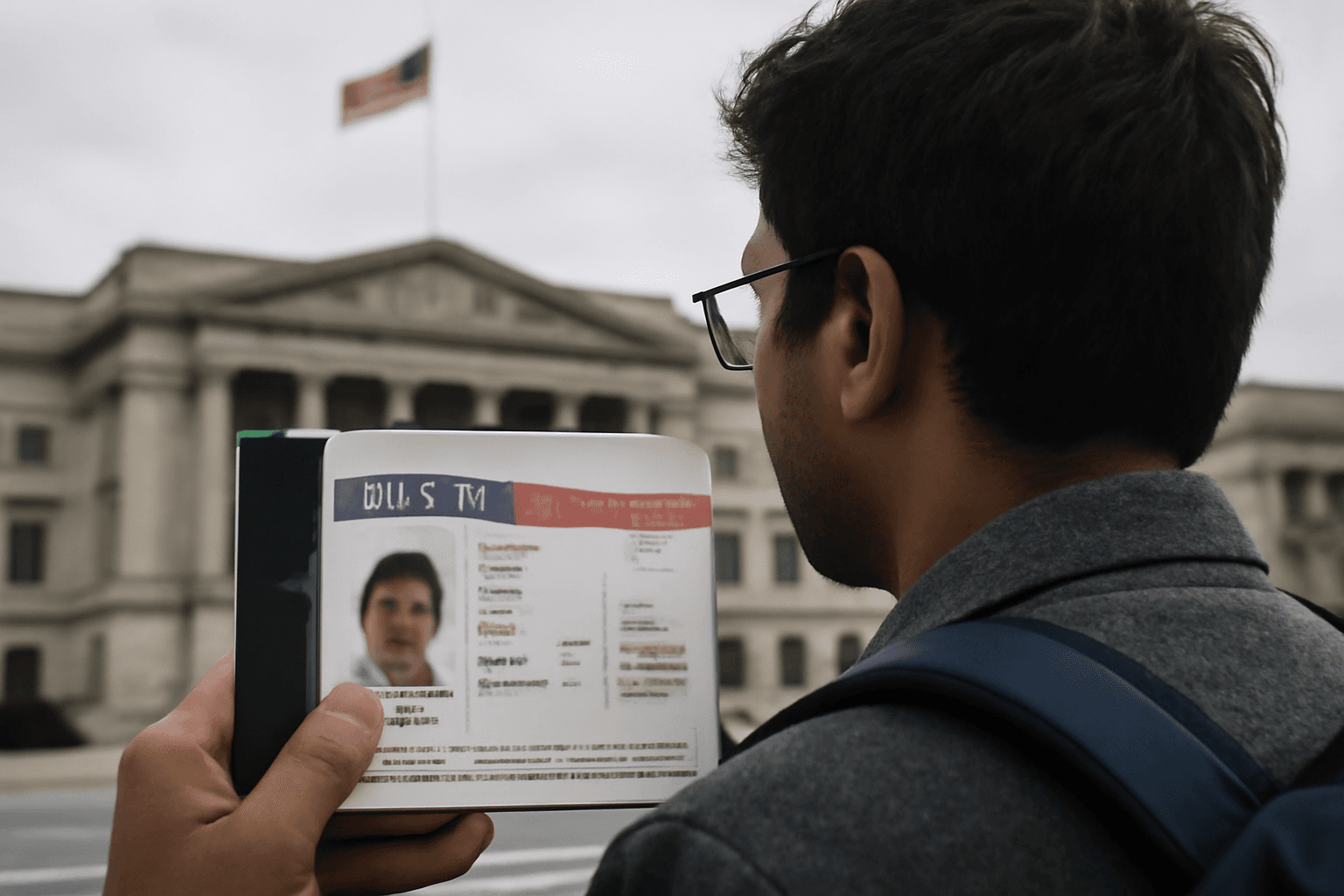Indian Student Targeted by Immigration Scam in the US
An Indian student studying in the United States fell victim to a sophisticated scam in which imposters impersonated Immigration and Customs Enforcement (ICE) officials. The scam involved deceptive tactics that left the student fearing arrest and deportation.
Details of the Scam
The student, pursuing a master's degree in Human-Computer Interaction at an Indiana university on an F-1 visa since 2022, received a phone call in late May from individuals posing as ICE agents. The imposters falsely claimed she was violating immigration laws and threatened her with imminent arrest and deportation.
To make the scheme appear legitimate, the lead scammer provided a false name and badge number and urged the student to verify the phone number and office location via an official government website. The victim was also told her phone was being monitored and was blocked from contacting anyone for help.
A second individual, impersonating a local police officer, added pressure by stating there was an outstanding warrant for her arrest. The student reported feeling helpless as she was kept on the call continuously for three hours, with repeated warnings that hanging up or seeking outside assistance would worsen her situation.
Financial Exploitation
The imposters demanded payment of a $5,000 'bond' by instructing her to purchase Apple and Target gift cards and provide the codes over the phone. A supposed police officer was said to collect the cards and paperwork the next day, but no such collection occurred, revealing the fraudulent nature of the scheme.
Victim’s Response and Warnings
The targeted student disclosed that the scammers had detailed personal information including her entry port, academic background, and hometown, which made the threat feel more real. She has since started a fundraising campaign to recover the financial loss.
Key advice from the student includes:
- Always hang up and contact a trusted lawyer or the government directly if contacted with immigration-related accusations.
- Government agencies rarely, if ever, call individuals unprompted; official communications are usually sent by mail.
- No legitimate agency will request payment via gift cards or ask for sensitive information like Social Security numbers over the phone.
The student emphasized that international students, unfamiliar with the system, are especially vulnerable to such scams and urged others to learn from her experience.
Recognizing and Avoiding Scams
Scams targeting immigrants often use fear tactics and impersonate official entities. Key indicators of such fraud include unsolicited calls claiming legal violations, pressure to make immediate payments, requests for gift cards or bank information, and threats of arrest without proper verification.
Awareness and verification are crucial to prevent falling victim to these schemes.











